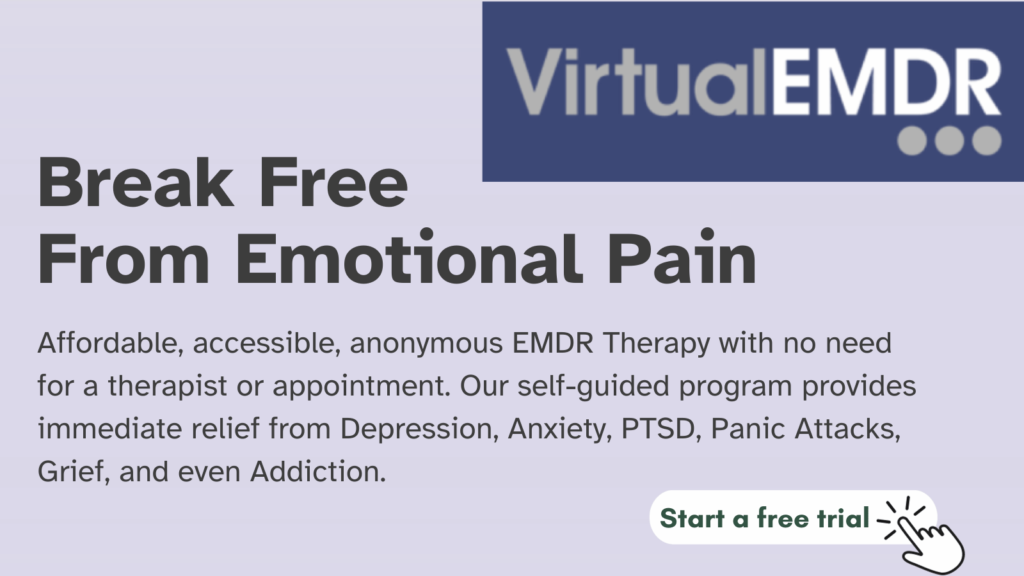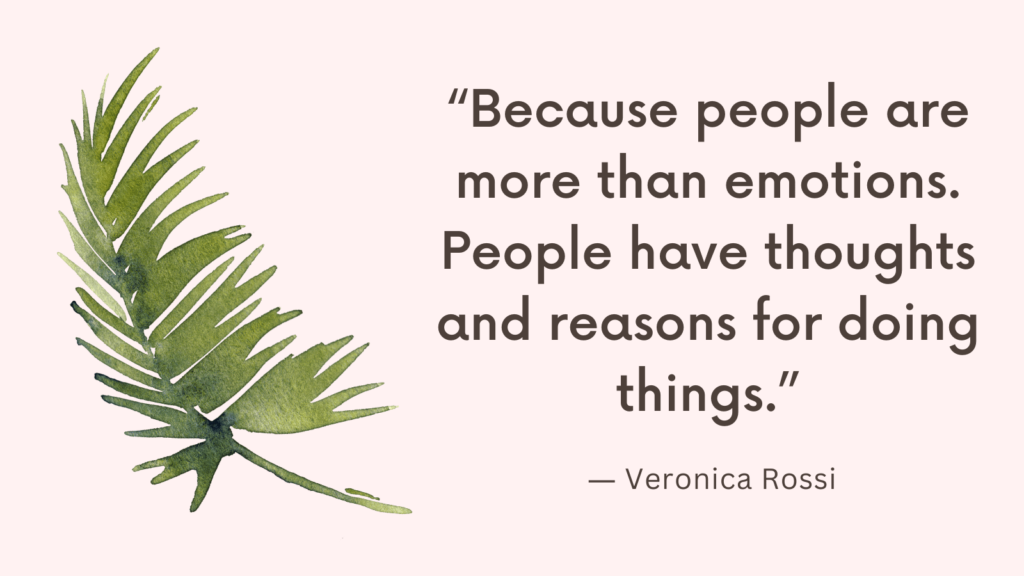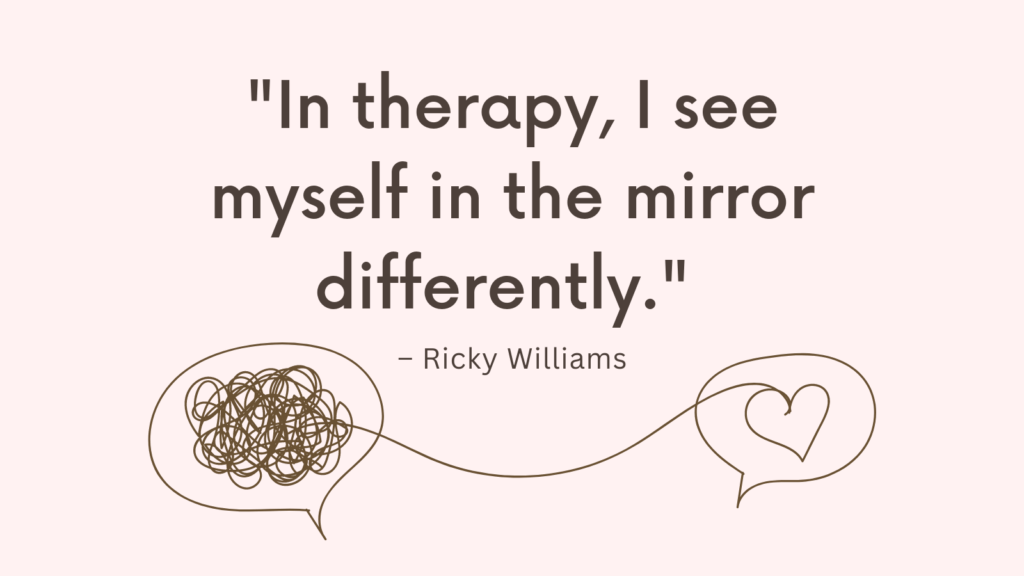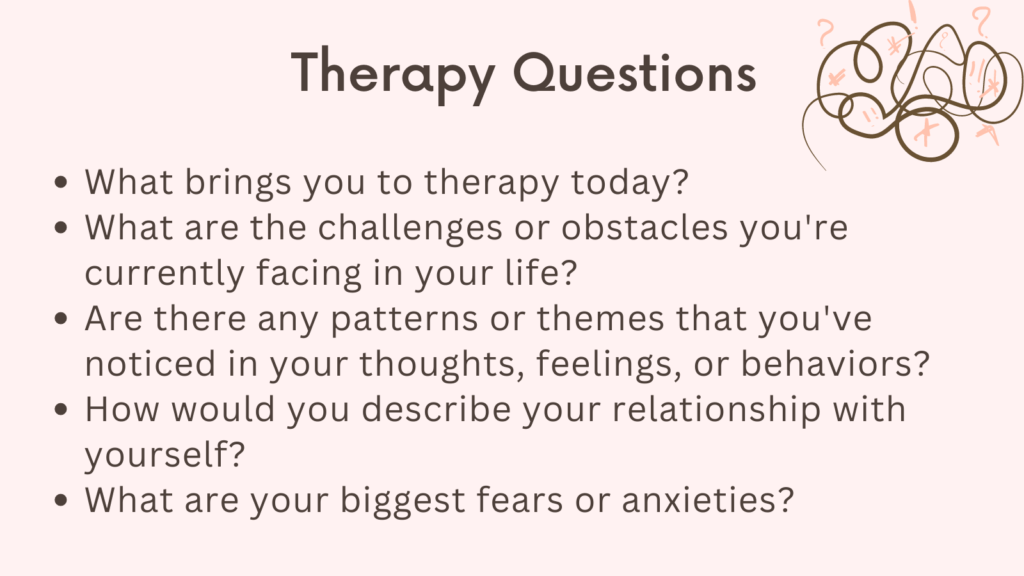This post contains EMDR negative cognitions list.
Top 6 Types of EMDR Negative Cognitions
EMDR (Eye Movement Desensitization and Reprocessing) is a therapeutic approach that has been found to be effective in treating trauma-related distress.
One of the core components of EMDR involves identifying and reprocessing negative cognitions, also known as negative beliefs, that are associated with traumatic experiences.
These negative cognitions are thought to contribute to the emotional and psychological impact of trauma.
By revisiting and reevaluating these beliefs within the context of a safe therapeutic environment, individuals can begin to heal and develop more adaptive ways of thinking.
Negative cognitions in the context of trauma often represent distorted or maladaptive beliefs about oneself, others, or the world.
These beliefs can be deeply ingrained and strongly influence how individuals view themselves and their environment.
Negative cognitions in the context of trauma can include:
1. Self-Blame
Many individuals who have experienced trauma often blame themselves for what happened, believing that they somehow deserved or caused it.
This self-blame can lead to feelings of guilt, shame, and low self-worth.
Working through these negative beliefs can help individuals recognize that they were not at fault and challenge the unfair burden of responsibility they have placed on themselves.
2. Helplessness
Traumatic events can leave individuals feeling powerless and helpless.
Negative cognitions related to helplessness can manifest as beliefs such as “I am weak,” “I am incapable of protecting myself,” or “I am vulnerable.”
These beliefs can perpetuate a sense of powerlessness and hinder individuals from regaining a sense of control over their lives.
In EMDR therapy, these negative cognitions can be targeted for reprocessing, allowing individuals to develop a more empowered and resilient self-concept.
Related: Brainspotting Vs EMDR (Which One Is More Effective?)
3. Worthlessness
Trauma can erode an individual’s sense of self-worth and value.
Negative cognitions related to worthlessness might include beliefs such as “I am unlovable,” “I am unworthy of happiness,” or “I am a burden to others.”
Addressing these negative beliefs can help individuals develop a more compassionate and realistic view of themselves, fostering self-acceptance and increased self-esteem.
4. Trust Issues
Trauma can significantly impact an individual’s ability to trust others.
Negative cognitions related to trust issues might involve beliefs such as “People are out to hurt me,” “I cannot rely on anyone,” or “I am always going to be betrayed.”
These beliefs can lead to difficulties in forming and maintaining healthy relationships.
By reprocessing these negative cognitions, individuals can work towards rebuilding trust and developing healthier interpersonal connections.
Related: Best 10 EMDR Books
5. Safety Concerns
Trauma often leaves individuals feeling unsafe and vulnerable.
Negative cognitions related to safety concerns might include beliefs such as “The world is a dangerous place,” “I am always in danger,” or “I cannot protect myself.” These beliefs can perpetuate hyper-vigilance and anxiety.
During EMDR therapy, individuals can be supported in reevaluating their perceptions of safety and developing more balanced and realistic beliefs about their environment.
6. Failure
Traumatic experiences can lead individuals to believe that they are failures or inadequate.
Negative cognitions related to failure might include beliefs such as “I am incompetent,” “I always mess things up,” or “I am a disappointment.” These beliefs can hinder personal growth and accomplishment.
Through the reprocessing of these negative cognitions, individuals can challenge their self-perception and cultivate a more positive and supportive mindset.
Examples of Negative Cognitions
1. I am to blame for what happened.
2. I am weak and unable to protect myself.
3. I am not worthy of love or happiness.
4. People cannot be trusted; they will always hurt me.
5. The world is a dangerous place, and I am not safe.
6. I am a failure and always make mistakes.
7. I am worthless and a burden to others.
8. I will never be able to move on from this experience.
9. I am damaged beyond repair.
10. I cannot trust my own judgment or decisions.
11. I am unable to cope with stress or difficult situations.
12. I am permanently damaged by the trauma.
13. I am permanently stuck in a state of fear and anxiety.
14. I am destined to repeat the same patterns of abuse or harm.
15. I cannot rely on anyone; I must always be self-reliant.
16. I am fundamentally flawed as a person.
Related: How to Practice Self-Brainspotting Safely?
How EMDR Addresses Negative Cognitions
EMDR therapy provides a structured framework for addressing and reprocessing these negative cognitions.
The therapist guides individuals through a series of bilateral stimulation, which may involve eye movements, sounds, or tactile sensations.
This bilateral stimulation helps to facilitate the reprocessing of traumatic memories and associated negative cognitions.
By repeatedly engaging in bilateral stimulation while bringing to mind the traumatic memory and associated negative cognition, individuals can experience a reduction in the emotional distress and the development of more adaptive beliefs.

Conclusion
It is important to note that the process of reprocessing negative cognitions in EMDR therapy can be emotionally challenging.
However, through the support and guidance of a trained EMDR therapist, individuals can gradually work through these negative beliefs and foster healthier ways of thinking.
EMDR therapy offers a pathway towards healing from trauma by addressing the underlying cognitive distortions that contribute to distress and promoting resilience and growth.




